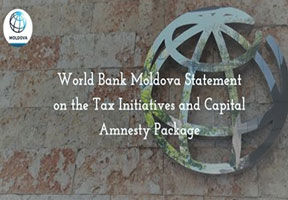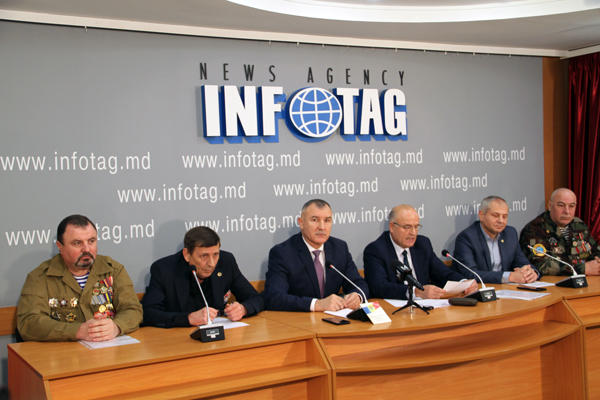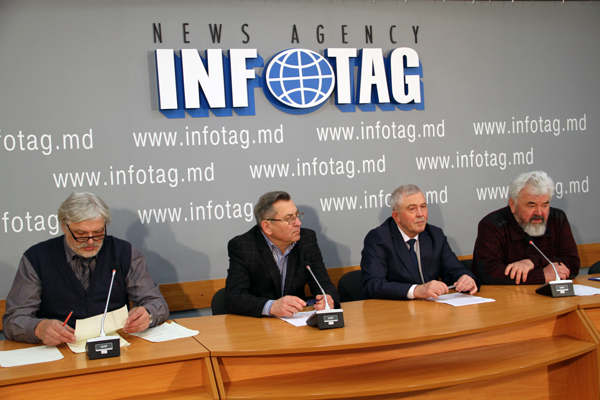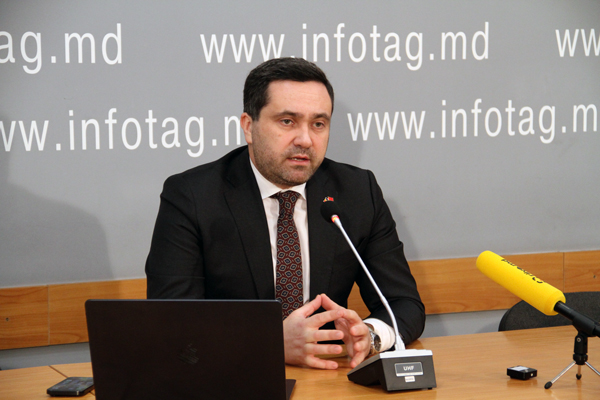Economics
TAX REFORM WITH CAPITAL AMNESTY IS FRAUGHT WITH FISCAL RISKS FOR MOLDOVA – WORLD BANK

The recently approved package of tax initiatives and capital amnesty could lead to significant fiscal risks, maintains the World Bank (WB).
The WB press release expresses the concern by so hasty approval of the corresponding laws by the Government and the Parliament, some of which enter into force from the moment of their publication, while others – starting from October 1, 2018.
“The recently approved package of tax initiatives and capital amnesty may undermine the Moldovan Government’s commitment to fighting corruption and could have a negative impact on tax compliance, leading to significant fiscal risks. The package is inconsistent with the policy reform program supported by the World Bank Group”, the document says.
As Infotag has already reported, even before the Democratic Party made public the reforms with tax remissions and capital amnesty on July 24, Finance Minister Octavian Armasu urgently visited Washington less for presenting the reform concept to the International Monetary Fund (IMF) leadership than to convince the Fund of feasibility of its conducting.
According to a reliable source, the Minister failed to convince the IMF of Moldovan authorities’ actions, connected with the conducting of the tax reform, especially the capital amnesty. This became clear from the reaction of IMF Permanent Representative in Moldova Volodymyr Tulin, which was distributed to press on July 27.
The Infotag interviewee said that the IMF leadership from Washington directed a letter to Prime Minister Pavel Filip, in which they strongly recommend to the Government not to approve the draft law on tax reform at the July 25 sitting.
“However, the DP reform was set in motion and both Government and the Parliament decided not to discuss in detail the reform proposed by the ruling party, especially the part with capital amnesty, which will be valid until February 1, 2019”, the source said.
At the Infotag question if it will not lead to the suspension of the three-year IMF-Government program, the interviewee said that this will be the most undesirable decision with a lot of negative consequences for Moldova.
“Before the next IMF review mission arrives to Moldova in autumn, the Fund will analyze and calculate everything in detail in order to clearly understand which may be the results of the approved reform for the fiscal policy the Government agreed and approved with the IMF”, the Infotag interviewee said.
He supposed that the issue of further cooperation with the IMF and other important external partners and donors will be clarified by December 2018, when the parliamentary election campaign will start in the country.
























Add Comment